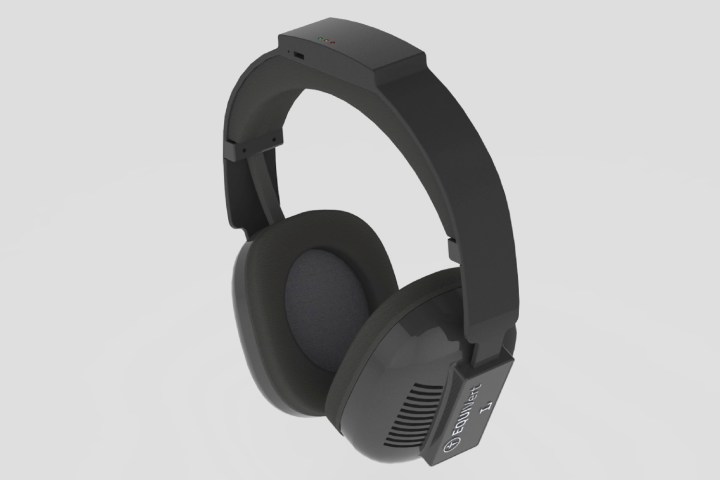
Tens of millions of Americans suffer from vertigo, the sensation of whirling and associated loss of balance that often occurs when people look down from a great height. The symptoms can range from unpleasant to downright debilitating for those afflicted by it. Fortunately, a smart new wearable technology could soon help to treat vertigo. Developed by researchers from several institutes in Germany, the special headphone-based Equivert biofeedback system is designed to help deal with symptoms caused by issues with the vestibular organ in the inner ear, which is used for helping people maintain balance.
Burkhard Heidemann, group manager and Equivert expert at the Fraunhofer IMS, told Digital Trends that the headphones verbally guide users through a series of exercises, designed to make sure they maintain the “equilibrium position,” in which their bodies are balanced. Because the headphones boast a built-in accelerometer and rotational sensors, they know when users are leaning instead of standing straight — and they can alert you to this fact.
“The patient receives instructions straight from the headphones,” Heidemann said. “This happens via acoustic signals. When the patient fluctuates too far to the right, the sound seems to come from the right, similar to a parking [sensor]. The system controls how well the patient has been able to perform the exercises and, if necessary, switches to the next difficult stage. The headphones are controlled by gestures: If the patient takes the headphones in his hand, for example, it automatically switches on.”
On top of this, the Equivert headphones promise, for the first time, to make dizziness into an objective measurement. “Until now, diagnoses were only possible with a doctor’s eye,” Heidemann continued. “The diagnosis and therefore also the treatment were difficult. Equivert provides measurements about the exact fluctuations of the patient. The results are then visually illustrated by the doctor on his computer.”
So far, no clinical trials have been carried out using the headphones, although these are planned for the near future. Nonetheless, Heidemann said that medical approval is just months away. In August, the first systems will be made available to buy. They will cost $1,600 for medical practices and around half that for individual patients. The team is planning an Indiegogo campaign to offer them to early adopters.


